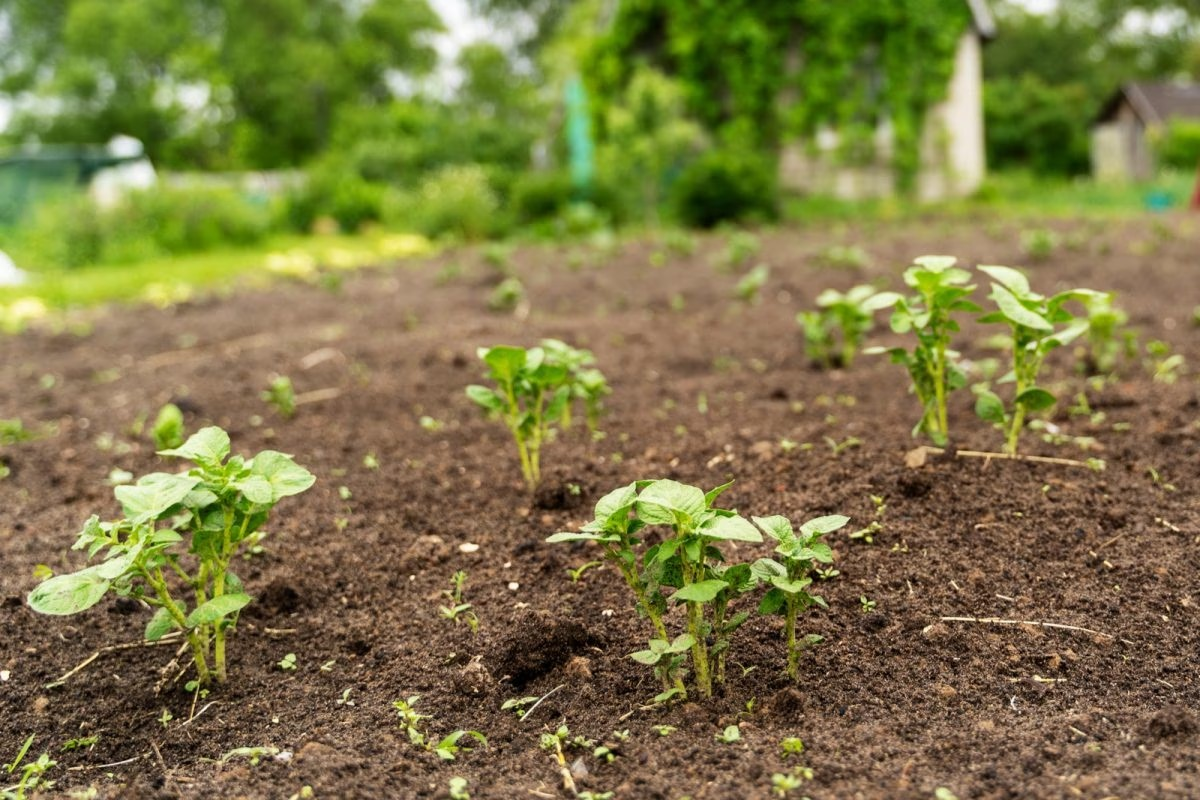Alflaction in country's
The head of tax collection in South Africa has been suspended by President Cyril Ramaphosa, who accused him of failing the organisation and the country.
The move against Tom Moyane is being seen by some as a crucial step towards restoring public confidence after years of controversy during the era of President Zuma.
In an angry letter, Mr Ramaphosa said that Mr Moyane had let the country down by failing to deal with a major corruption scandal.
Mr Moyane had earlier insisted he had done nothing wrong and threatened to take the matter to court. Mr Ramaphosa said he was ready for that.
AFP
They've got an awful lot of coffee in Ivory Coast... but it isn't going anywhere in a hurry. About 500 lorries full of coffee beans are stuck at the country's main port in Abidjan.
Some of the drivers have been there for two months, sleeping in makeshift hammocks under the vehicles, which they cannot leave as they have to protect the cargo.
The Ivorian authorities say there are not enough ships available, but the problem may have been caused by changes to customs regulations in Algeria, where most Ivorian coffee is exported.
Ivorian farmers fear they may have to sell their next harvest at a loss, as happened last year, when hundreds of trucks of cocoa were left to rot outside the port.
Violet Cakes Hackney
Prince Harry and Meghan Markle have chosen Claire Ptak, owner of the Violet Bakery in Hackney, to make their wedding cake.
According to reports, it'll be a non-traditional lemon and elderflower cake, incorporating "the bright flavours of spring", covered with buttercream and decorated with fresh flowers.
That all sounds very nice. But the Live Page is intrigued by Ms Ptak's website.
While her Instagram page boasts plenty of mouth-watering images, her website is curiously subdued, bare even. Lots of words, but short on food porn pics.
Is this a new fashion, or a good time for Violet to undertake a royal makeover?
BBC economics correspondent Andy Verity writes on the latest inflation figures: "It's not quite time to celebrate the end of the squeeze on living standards - aka the ongoing real terms pay cut that the average worker has suffered for most of this decade. But it may be the beginning of the end.
"Most economists had expected the cost of living to rise by less than it did last time, but they hadn't quite anticipated such a sharp slowdown.
"We don't yet have the figure for pay rises for the same month (average earnings data lags the inflation figures by two months). But if the most recent figure of 2.5% proves to have held steady or even risen slightly, the squeeze has definitely loosened its grip.
"Upward pressure on prices from the weaker pound following the Brexit vote has now largely fed through to the supermarket shelves. And the pound's more recent rise means the cost of raw materials isn't rising as fast - so there's little sign of further inflation in the pipeline.
"However, the lower-than-expected inflation rate hasn't changed the outlook for interest rates much. The City continues to expect another rise in rates in May."
Engineering firm Fenner, which makes conveyor belts, is currently the star performer on the London stock markets. The FTSE 250-listed firm has gained more than 25% on the news that it is to be bought by French tyremaker Michelin in a £1.2bn deal. Overall, the FTSE 250 is up 0.35%, while the 100-share index is 0.5% higher.
The pound is having a mixed day on the currency markets after the release of the latest UK inflation data. It's now 0.11% down on the day against the dollar at $, but it's still in positive territory against the euro, up 0.18% at €1.13900.
The drop in the inflation rate is especially good for the UK’s 4.8 million self-employed workers, says IPSE, the Association of Independent Professionals and the Self-Employed.
Tom Purvis, IPSE’s political and economic adviser, said: “It will be particularly welcome news for the self-employed because one of the biggest reasons for the fall in inflation is the drop in transport costs since January, with petrol prices down by 0.2p per litre.
"As the self-employed spend significantly more time travelling to undertake or win new work, this will make a real difference to their everyday business costs."
Reuters
Figures due out on Wednesday will tell us more about what is happening to wages in the UK. That may nudge the Bank of England towards changing its policy on interest rates.
Wage increases have remained stubbornly low despite a tight labour market, though the Bank of England expects that to change as we progress through the year.... Progress in the early part of this year may be thwarted by store closures across the high street and the fallout from the collapse of Carillion. Wage growth is the last piece of the puzzle that unlocks higher interest rates, though it may yet prove more elusive than expected.
The UK recovery is now nearly nine years old, and yet our official interest rate is exactly where it was nine years ago. A further interest rate rise would be justified this Spring - which would show that the UK is following the lead of the US Federal Reserve in embarking on a policy of gradual and careful interest rate rises."
The Bank’s rhetoric over the last few months has also shifted to one with a more hawkish tone, and we envisage more rate rises than the 3 in 3 years that have currently been assumed.
Getty Images
The British Chambers of Commerce says the UK may now be past the peak of this recent spike in inflation thanks to post-referendum fall in sterling but there is still pressure on prices from rising global commodity prices.
Nonetheless Suren Thiru, the BCC's head of economics would like to see the Bank of England "shift its focus a little from tackling inflation to supporting a weakening economy".
He thinks they should "opt for a prolonged period of monetary stability and keep interest rates steady over the near term."
This morning's inflation figures have put the cat among the pigeons when it comes to predicting what the Bank of England will do with interest rates.
There's quite a mix of views.
Laith Khalaf at Hargreaves Lansdown says "in theory" this relieves the pressure to tighten.
But he thinks the BoE "would love to build up some firepower to deploy in the event of an economic slowdown."
In other words they may raise rates now so they can - if needed - cut them to boost the economy later.
He predicts the Bank "will proceed very cautiously with rate rises, lest it upset the applecart."
BBC
Weight loss is Bloomsbury's gain. The Harry Potter publisher has found a lucrative new source of revenue in the shape of Tom Kerridge's new cookery book Lose Weight For Good, based on his BBC Two series, which has been topping bestseller lists.
The book also broke records by selling 70,000 copies in a week in January, a higher weekly sale than any previous book has managed in that month.
As a result, Bloomsbury has now upgraded its profit forecasts, saying they will be "well ahead of the board's expectations". Investors reacted by sending shares 8.7% higher in mid-morning trading.
“This is certainly a boon for consumers who have been wedged between high food prices on the one hand and subdued earnings on the other for an extended period.
"But while the strain on the cost of living may ease somewhat, a lot depends on helping businesses - particularly SMEs, who account for 60% of employment - manage high costs and raise efficiency, in order to give workers the ‘double-dividend’ of lower prices and higher wages."
“For the Bank of England, this month’s drop in inflation - combined with tepid business activity and the inclement weather this quarter - furthers the case to hold fire on an interest rate rise later this week."
It won't come as any surprise to those whoBBC have observed at first hand the rise of "les hipsters" in Paris, but there's news from France that the burger has overtaken the baguette in public affection.
According to restaurant consultants Gira Conseil, 85% of French restaurants now have burgers on the menu, while sales reached a chunky 1.5 billion last year, up 9% on 2016 levels.
By contrast, sales of the classic "jambon-beurre" baguette sandwich with ham were just 1.2 billion.
Only 30% of burgers were sold by fast-food chains. The rest were consumed in regular restaurants. Now French foodies are asking: how long before even the classic steak-frites is overtaken by the American interloper?








Comments